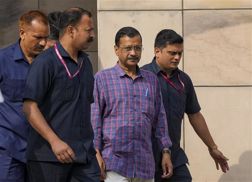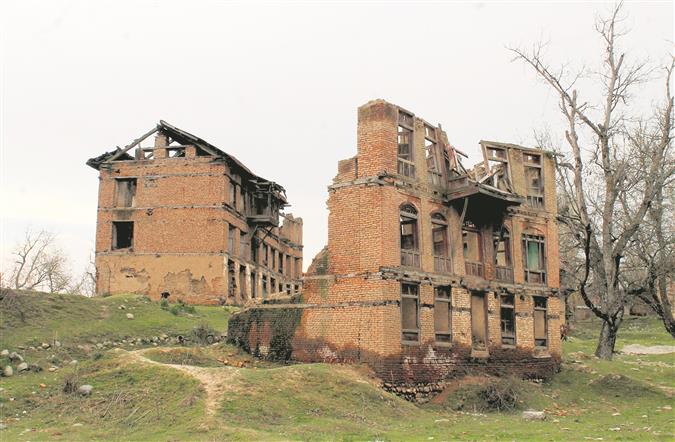
Rohit Bhan
Three decades after militancy triggered their exodus, Kashmiri Pandits’ return to their homeland remains as elusive as peace in the strife-torn Jammu and Kashmir.
In 1990, when lakhs of Pandits migrated from the Valley, little did they know that they were leaving their homeland forever. Scattered across the country and away from their roots, the community has since been hanging on to the hope that someday they would return.


How can an issue that has confronted us for 30 years be gone in a jiffy? Since August 5, has anything changed for us to start thinking about going back?

Six months back, when the Narendra Modi government stripped the state of its special powers by abrogating Article 370, many felt that this could be the tipping point.
But the ‘euphoria’ linked to abrogation of Article 370 seems to have pushed the return of the Kashmiri Pandits towards an uncertain phase more than ever. Television channels broadcasting sporadic shots of Pandits celebrating, even as the Valley was under a lockdown, have undeniably widened the gulf.

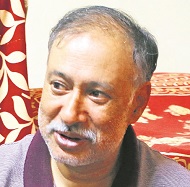
The Kashmiri Muslim born post-1990 has seen very little of Kashmiri Pandits. Pandits of the same generation too have grown up with stories of trauma.

“The narrative militarised our story, which was wrong. No Kashmiri Pandit wanted to seek revenge. But, at the same time, he is a stakeholder in the Kashmir story,” points out author-journalist Rahul Pandita.
Where does this leave the estimated four lakh Kashmiri Pandits post-Article 370? “Honestly, I am confused. The day Article 370 was revoked, I got calls from my friends congratulating me. I wondered what has changed. How can an issue that has confronted us for the past 30 years be gone in a jiffy? Five months on, has anything changed on the ground for us to actually start thinking about going back?” wonders 26-year-old Niyati Bhat, a research student at Jawaharlal Nehru University (JNU).

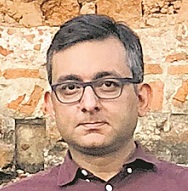
The narrative wrongly militarised our story. No Pandit has wanted revenge. But, at the same time, he is a stakeholder in the Kashmir story.

For Niyati, a Kashmiri Pandit born post-1990, the major concern continues to be security and lack of viable academic and employment opportunities. “If a temporary shutdown can cause a scare amongst students in JNU, imagine the situation back in the Valley where uncertainty seems unending,” argues Niyati.
Khushboo Mattoo, Programming Head for Radio Mirchi in J&K, says this is where the challenge lies. “And this is where the government has to chip in. Create a suitable ecosystem for job creation, academic opportunities. If a situation is created where people get jobs, good educational institutions and, above all, a sense of security, who wouldn’t want to go back?” she says.

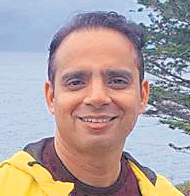
A new smart city could be set up in such a way that all districts of the Valley have locational proximity to it. This will result in assimilation.

But the return of Kashmiri Pandits to their roots is complicated to say the least. One reason is the relationship hiatus over the past 30 years. “The Kashmiri Muslim born post-1990 has seen very little of Kashmiri Pandits. For Muslims of that generation, a Kashmiri Pandit is an enigmatic story. On the other hand, Pandits of the same generation have grown up with stories of trauma and pain inflicted by the exodus. And the chasm between the two is quite deep,” points out Sanjay Tickoo, one of the 3,000-odd Kashmiri Pandits who chose to stay put in the Valley and head of the Kashmiri Pandit Sangharsh Samiti, an organisation that looks after the welfare of 800-plus Pandit families who chose not to migrate.
There have been attempts in the past for the return and rehabilitation of Kashmiri Pandits but these got entangled in the political mesh and failed to yield results. In 2008, the then Union government had introduced a Rs1,100-crore rehabilitation package for Pandits, dishing out employment incentives and settlement schemes. “It only created ghettos. Some returned to these high security transit camps after taking up some government jobs. But these transit facilities have turned into isolated camps,” points out Tickoo.
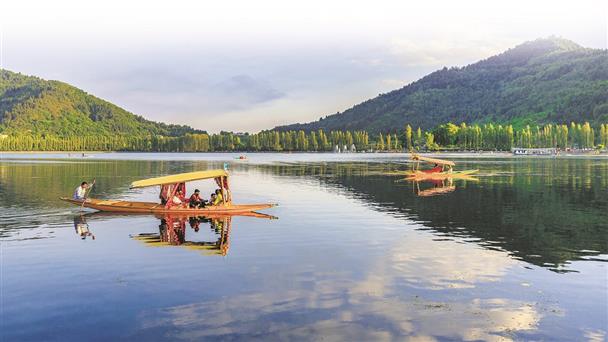
In subsequent years, more such packages were put on offer and as of today about 3,500 Kashmiri Pandits in government jobs are living in these high-security facilities, many of them without families that have chosen to stay in the safer winter capital of Jammu. “But those staying in transit camps haven’t really been able to connect with the local Muslim population,” says Tickoo.
Notwithstanding the questions raised over separate ‘residential clusters’ for Pandits, some argue that it could actually provide a long term solution. California-based techie Naveen Zalpuri believes a ‘smart city’ could hold the key. “A new smart city could be set up in such a way that all districts of the Valley have locational proximity to it,” he suggests, adding that the government should encourage huge investments and setting up of businesses in and around the new city where people from across the Valley could come to work and conduct business.
“This will result in assimilation, people-to-people contact and help Kashmir become a pluralistic society again. In several decades from now, once trust is restored and the hurt mitigated, Kashmiri Hindus may live wherever they want to across the Valley. It would naturally and gradually happen then,” argues Zalpuri.
Agrees Pandita: “At least that would give us a foothold and a chance for the post-1990 generation to interact and start knowing each other.”
What everyone also seems to agree upon is that ‘distrust’ and ‘blame game’ need to make way for a dialogue and reconnect between the two communities. “I have many Muslim friends and I share a good rapport with them. But deep within there is a divide and hence big adjustments need to be made. It won’t be an easy transition. But it’s not impossible even if people in small groups talk to each other, understand each other acknowledge the trauma from the past and try to restore the bonding,” remarks Bhat.
There have been intermittent attempts to bridge the gap in the recent years, but stumbling blocks weighed down the process. In 2007, the Kashmiri Pandit Sangharsh Samiti organised a Dasehra event in the Valley, first time after the onset of militancy. “The idea was to go back to the pre-1989 days when festivities were shared between communities,” recalls Tickoo. But in subsequent years, barring a few, the festival could not be organised due to militancy-related issues.
Notwithstanding the bleak chances of return, the younger generation hasn’t given up hope. “I have travelled to Kashmir many times but never felt threatened. What pains me is that I feel welcome as a tourist and not as someone who belongs to that place and has an equal right to live there,” remarks Mattoo.
There is a certain degree of agreement that more than government intervention, it is the two communities that hold the key to the solution. That the return of Kashmiri Pandits would only be possible if the shadows of a macabre past do not hold the future of a famed composite culture to ransom... Only then will spring truly return to the Valley.
Join Whatsapp Channel of The Tribune for latest updates.























